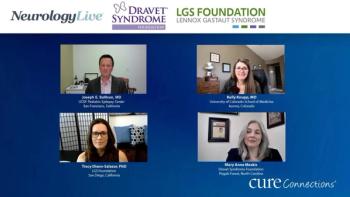
Kelly Knupp, MD, shares her perspective of a provider journey of a new patient with LGS and goal setting to manage the disease.

Kelly Knupp, MD, shares her perspective of a provider journey of a new patient with LGS and goal setting to manage the disease.
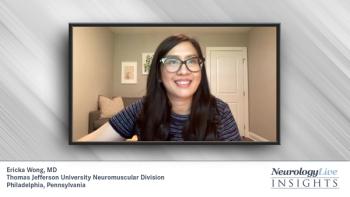
An expert neurologist discusses the clinical use of ravulizumab in the treatment of myasthenia gravis.

Dr Ericka Wong discusses the approval of eculizumab in the treatment of myasthenia gravis.
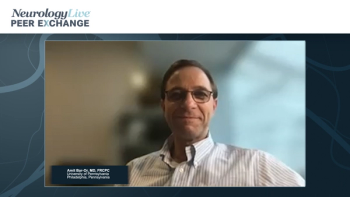
Amit Bar-Or, MD, FRCPC, discusses the potential impact vaccination against Epstein-Barr virus could play on multiple sclerosis rates, highlighting recent investigations.
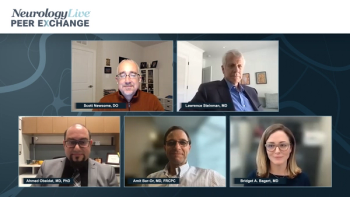
Experts in neurology discuss screening and diagnostic considerations for a patient newly diagnosed with multiple sclerosis.
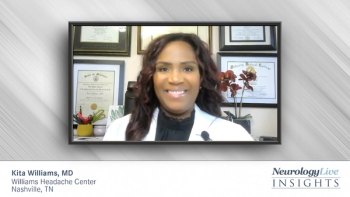
Dr Kita Williams shares how she manages patients in her migraine practice.

A migraine specialist discusses advantages of multidisciplinary team approach to managing patients with migraine.
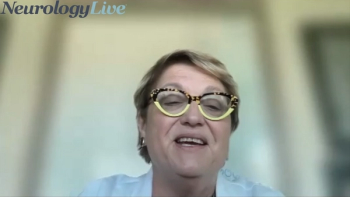
The director of the John P. Hussman Institute for Human Genomics at the University of Miami discussed the background behind a new initiative geared towards understanding genetic differences of underrepresented groups. [WATCH TIME: 6 minutes]
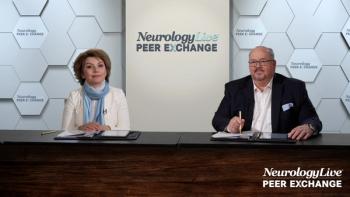
Jeffrey Dunn, MD, and Regina Berkovich, MD, PhD, share advice for building trust and individualizing treatment approaches in ethnically diverse and underrepresented patient populations with multiple sclerosis.

Jeffrey Dunn, MD, and Regina Berkovich, MD, PhD, highlight the role of a multidisciplinary care team in engaging ethnically diverse and underrepresented patient populations with multiple sclerosis in clinical trials and practice.
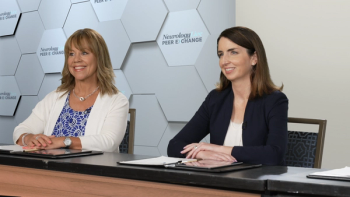
Dr Heidi Crayton discusses the role of S1P receptor modulators in the management of patient with multiple sclerosis.
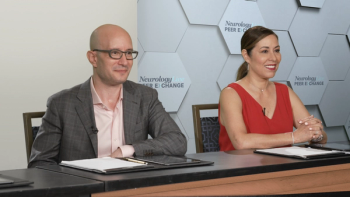
Flavia Nelson, MD, provides an overview of available brain atrophy data and cognition research in patients with multiple sclerosis.
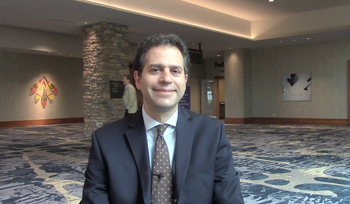
The neurologist at Weill Cornell Medicine and NewYork-Presbyterian Hospital offered his insight into the state of treatment for status migrainosus and whether or not the new migraine medications can help improve care. [WATCH TIME: 2 minutes]
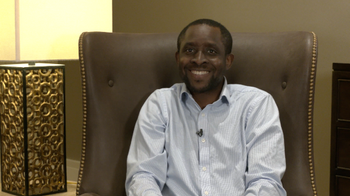
The neurologist and movement disorders fellow at University Hospitals Cleveland Medical Center spoke about the need for clinicians to have more time with patients in clinical practice, particularly with those with chronic diseases. [WATCH TIME: 2 minutes]
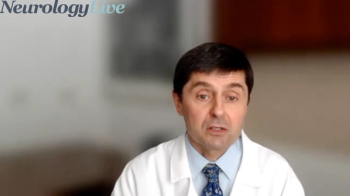
The chair of Cleveland Clinic’s Department of Physical Medicine provided background on the usage of exoskeletons in the clinical and at-home settings for rehabbing patients with multiple sclerosis. [WATCH TIME: 2 minutes]
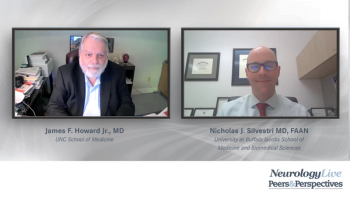
James F. Howard Jr., MD and Nicholas J. Silvestri MD, FAAN, discuss the efficacy and safety of FcRn inhibitors, as well as consider their role in the rapidly evolving treatment landscape.

Experts discuss the benefits of complement inhibitors in reducing symptoms of myasthenia gravis.
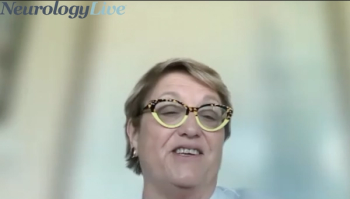
The director of the John P. Hussman Institute for Human Genomics at the University of Miami discussed non-APOE–related genetic correlations between different groups of individuals and Alzheimer disease. [WATCH TIME: 5 minutes]
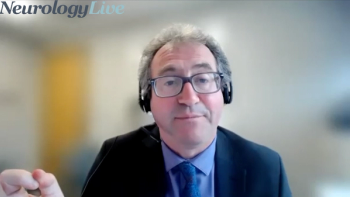
The director of the Mayo Clinic Center for Multiple Sclerosis and Autoimmune Neurology discussed the technological capabilities the center has, including the improved use of neural antibody testing. [WATCH TIME: 6 minutes]
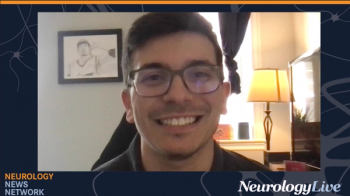
Neurology News Network for the week ending July 16, 2022. [WATCH TIME: 4 minutes]
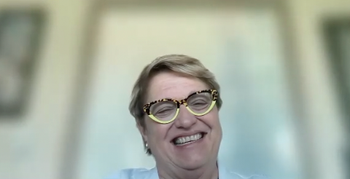
The director of the John P. Hussman Institute for Human Genomics at the University of Miami provided insight on the outlook on genetics and gene-based therapies for Alzheimer disease. [WATCH TIME: 3 minutes]

Tracy Dixon-Salazar, PhD, reflects on her daughter’s journey to diagnosis of Lennox-Gastaut Syndrome and the impact of the disease on caregivers.

Tracy Dixon-Salazar, PhD, and Kelly Knupp, MD, emphasize key identifiers for the diagnosis of Lennox-Gastaut Syndrome and challenges in managing seizures in these patients.
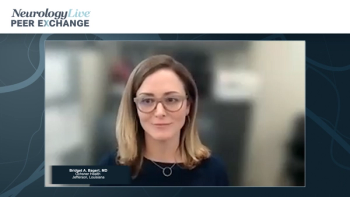
Bridget A. Bagert, MD, and Ahmed Obeidat, MD, PhD, examine the clinical implications of a causal link between Epstein-Barr virus and multiple sclerosis and provide insight on how to discuss this link with patients.
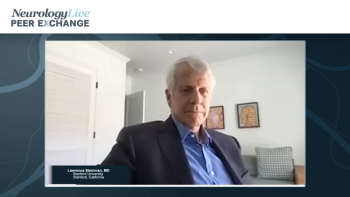
Lawrence Steinman, MD, discusses his recent publication, which demonstrated the causal link between Epstein-Barr virus and multiple sclerosis, highlighting key findings and conclusions.
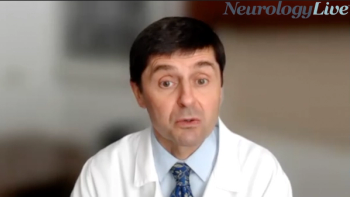
The chair of Cleveland Clinic’s Department of Physical Medicine discussed the different ways a newly approved robotic exoskeleton can improve gait in patients with multiple sclerosis. [WATCH TIME: 4 minutes]

The neurologist and movement disorders fellow at University Hospitals Cleveland Medical Center spoke about how his experience as a caregiver shapes his perspective as a doctor in care for those with movement disorders. [WATCH TIME: 3 minutes]

Dr Williams talks about the journey of a typical patient and awareness and diagnosis of migraine symptoms in primary care settings.

A migraine specialist, Dr Kita Williams, provides an overview of migraine and her approach to evaluating patients with headache.

Ericka Wong, MD, discusses the importance of shared decision-making and goal setting when treating a patient with myasthenia gravis.